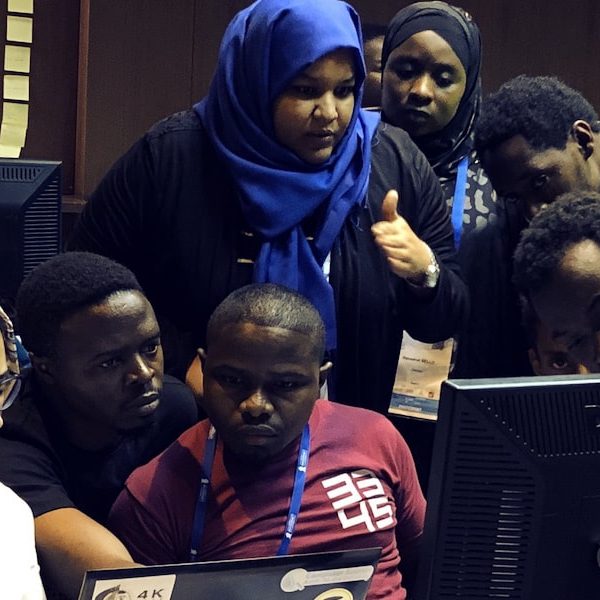The Internet is fundamentally based on the existence of open, non-proprietary standards. They are key to allowing devices, services, and applications to work together across a wide and dispersed network of networks.
You can trace the origins of standards back to the US Defense Advanced Research Projects Agency (DARPA). The resulting protocols spawned the invention and development of a wealth new applications and protocols.
Some of the core groups behind the development of the standards are:
- The Internet Engineering Task Force (IETF);
- The Internet Research Task Force (IRTF) and;
- The Internet Architecture Board (IAB).
These organizations are all open, transparent, and rely on a bottom-up consensus-building process to develop standards. They help make sure open standards have freely accessible specifications, are unencumbered, have open development and are continuously evolving.
The IETF also makes sure these standards are available online at no charge, thus facilitating adoption of them.
Our Work
The Internet Society provides a corporate home for the administrative entity that supports the IETF, the IAB, and the IRTF, and supports the work of these groups through a variety of programs. [Learn more in RFC 8712.]
How to take part
You can also have your say in the development of Internet Standards by participating in the IETF. Its activities are open to anyone around the world. While the IETF conducts all of its official business online, there are three meetings per year you can join in person or virtually.





